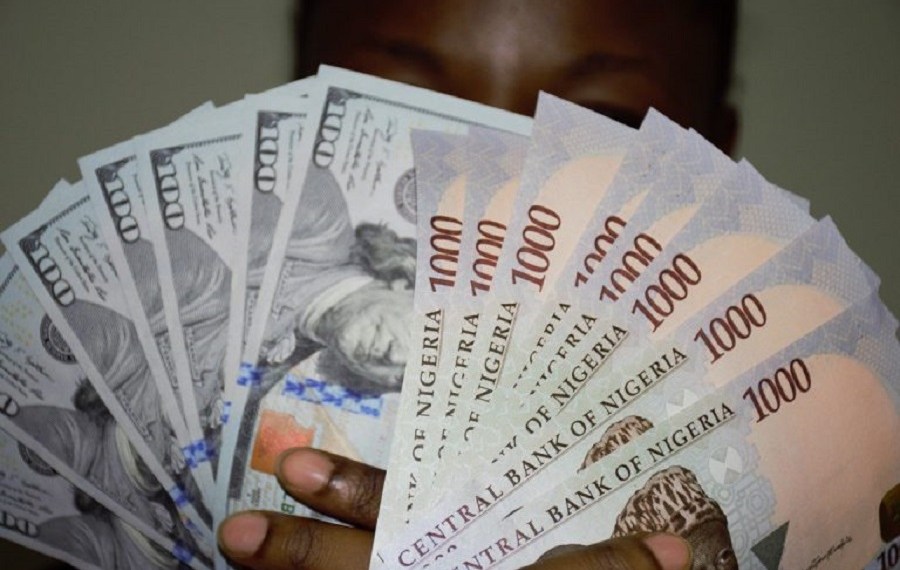
Aboki Naira To Dollar Black Market Rate Today 18th October 2024
In today’s black market, the Nigerian Naira experienced a significant depreciation against the US Dollar, fluctuating rates amid economic pressures and speculation.
According to sources and real-time updates from the social media platforms on October 18, 2024, the Naira’s value against the Dollar in the unofficial market has been reported as follows:
Trending Now!!:
- Buying Rate: Approximately ₦1,705 to $1
- Selling Rate: Around ₦1,710 to $1
This devaluation marks a notable shift from recent trends, with black market operators citing increased demand for foreign currency due to the economic policies and the general uncertainty surrounding the stability of the Naira.
The black market, often referred to as the parallel market, continues to operate outside the oversight of the Central Bank of Nigeria (CBN), reflecting rates that can differ significantly from the official CBN rates. This divergence is attributed to various factors, including government regulations, economic policies, and market speculation.
Platform traders and consumers expressed frustration and concern over the Naira’s weakening value. One user, @Solakutidotcom, noted the Naira’s fall to ₦1,710 per Dollar, highlighting the impact on purchasing power and the cost of goods. Another user, @swyftpay_io, humorously referred to the day as “Black Friday” due to the rate hitting ₦1,699/$ but also indicating a rush to purchase dollars at what might be seen as a slightly better rate before further devaluation.
While there’s no official comment directly linking this depreciation to specific government actions or economic data releases today, analysts suggest that the ongoing pressure on the Naira stems from a combination of factors, including oil revenue fluctuations, foreign exchange reserves management, and the broader economic policies aimed at unifying the exchange rate system.
This decline could lead to increased costs for imported goods, potentially fueling inflation. However, it also makes Nigerian exports more competitive globally, assuming producers can navigate the economic turbulence.


